Symantec updates anti-malware technologies
Conventional approaches to virus detection are no longer sufficient, security vendor warns.

Sign up today and you will receive a free copy of our Future Focus 2025 report - the leading guidance on AI, cybersecurity and other IT challenges as per 700+ senior executives
You are now subscribed
Your newsletter sign-up was successful
Information security measures based around tried-and-tested techniques are unable to cope with the growing range and volume of threats, a leading software vendor has warned.
According to Symantec, the use of virus "signatures" to identify malware is no longer enough.
Signature-based approaches worked well when most malware consisted of a single, identifiable threat that spread quickly to a large number of users. Such malware typically contained common elements of code, known as signatures, that could be picked up by anti-virus software. This, in turn, allowed quick scanning of files for malicious payloads.
But malware writers have changed the way they develop their attacks, Symantec suggests. Instead of using one piece of malware to attack millions of systems or users, they are now using individual threats. Frequently, these threats are highly customised. As a result, one signature might only detect a single threat, making signature-based scanning inefficient.
Instead, Symantec is moving to a new system to detect malicious code, based on reputation and user profiles. Software that runs on just a few systems is more likely to be deemed suspect than software that runs on millions, according to developers at the company. When it comes to profiling user traffic on the internet, users who have suffered a malware infection in the past are more likely to be infected again in the future.
The new technologies will be part of Symantec's Norton consumer anti-malware products from 2009. Other improvements will include much faster scanning of incoming files and quicker downloads and installations of the software. This, Symantec believes, will improve security for both consumers and business users, as users are less likely to cancel downloads or turn off security software, in order to improve the performance of their PCs.
One of the things people really complain about in security software, not just ours, is it is slow and heavy, said Janice Chaffin, group president, consumer business unit, at Symantec. "People have a lot of gripes about how it might slow down your system so our goal for our products is to create zero impact on performance. It is not a simple thing to do... we have had to create some new technology in the scanning area that allows us to scan less."
Sign up today and you will receive a free copy of our Future Focus 2025 report - the leading guidance on AI, cybersecurity and other IT challenges as per 700+ senior executives
-
 Researchers call on password managers to beef up defenses
Researchers call on password managers to beef up defensesNews Analysts at ETH Zurich called for cryptographic standard improvements after a host of password managers were found lacking
-
 Is there a future for XR devices in business?
Is there a future for XR devices in business?In-depth From training to operations, lighter hardware and AI promise real ROI for XR – but only if businesses learn from past failures
-
 Power stations under attack from long-running hacking campaign
Power stations under attack from long-running hacking campaignNews Dragonfly threat group is ramping up activities, say researchers
-
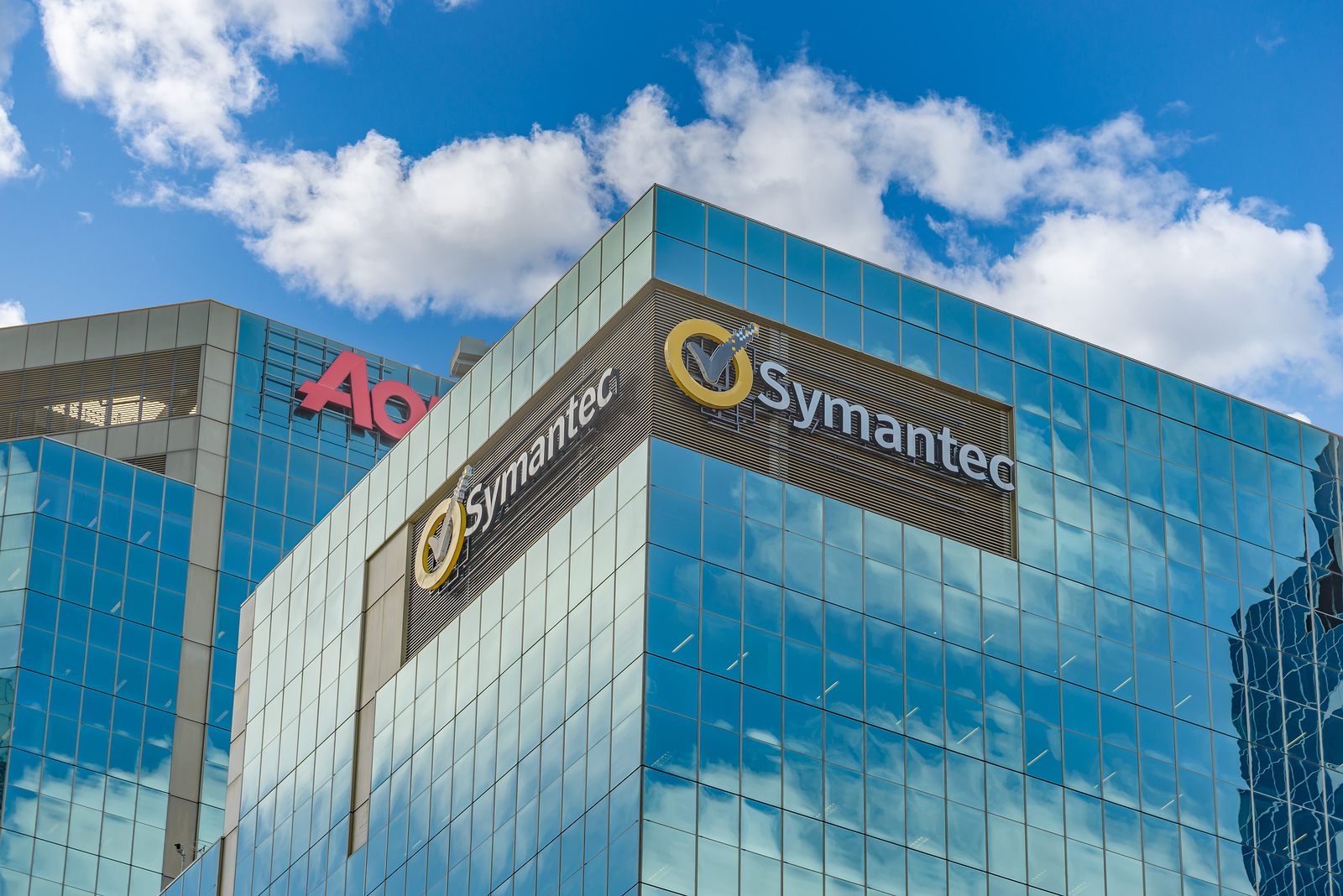 Symantec profits surge as firms prop up their cyber defences
Symantec profits surge as firms prop up their cyber defencesNews The company also announced plans to sell its web certificate business
-
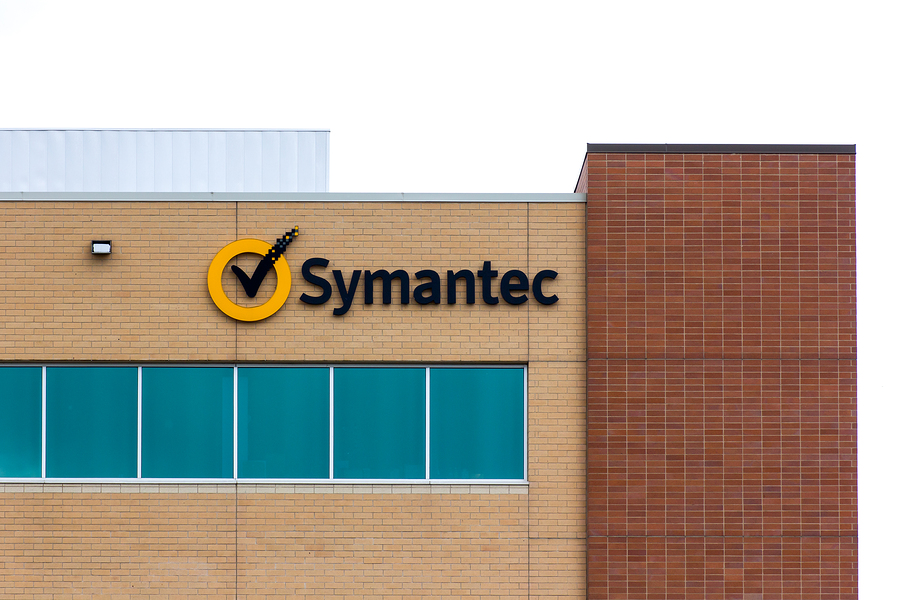 Symantec to pay $4.65 billion to acquire Blue Coat
Symantec to pay $4.65 billion to acquire Blue CoatNews Greg Clark to become Symantec CEO, promising new cloud security
-
 Symantec ditches reseller guilty of scamming PC users
Symantec ditches reseller guilty of scamming PC usersNews Silurian told people they had malware, then sold them Norton Antivirus for $249
-
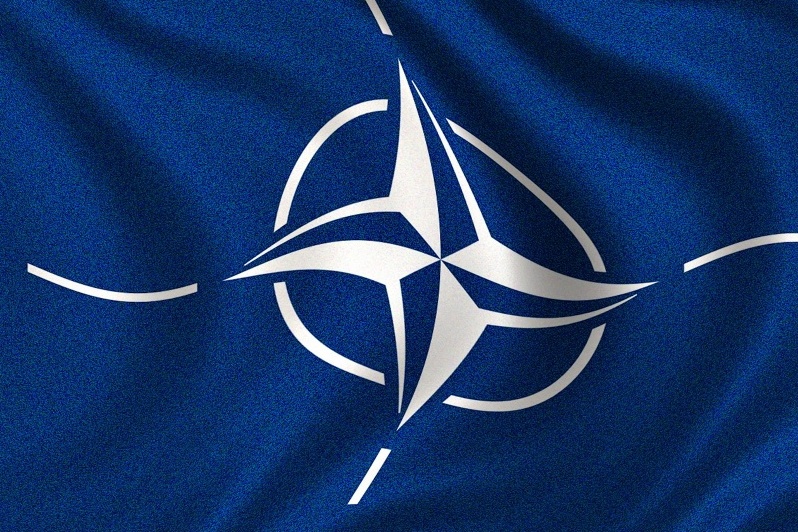 NATO builds up cyber alliance with Symantec tie-in
NATO builds up cyber alliance with Symantec tie-inNews Military industrial link up to fight cyber attacks
-
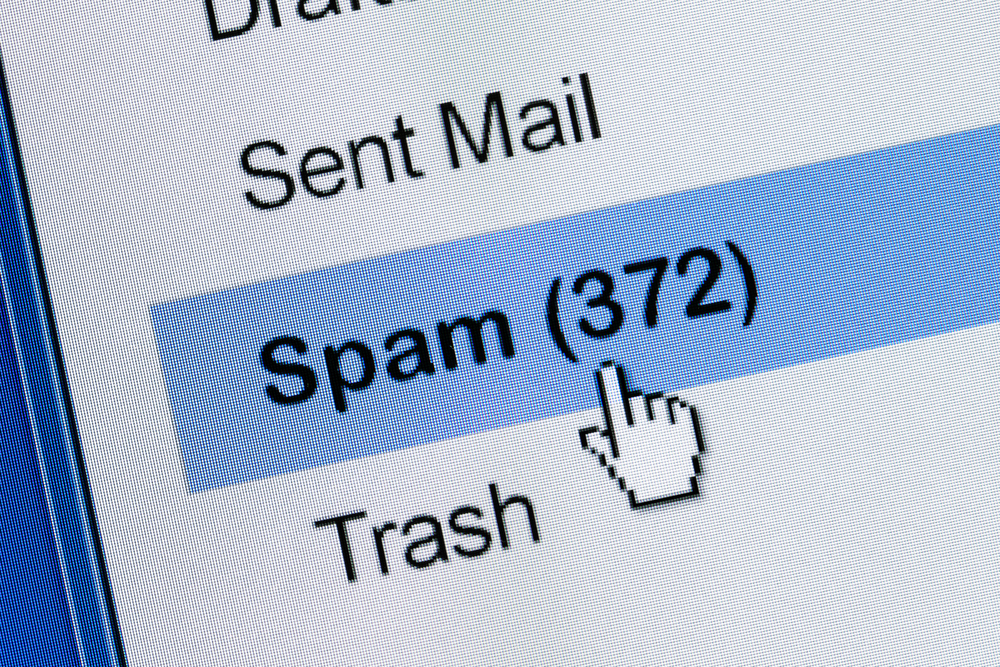 Junk emails fall to their lowest rate in 12 years
Junk emails fall to their lowest rate in 12 yearsNews Spam is dropping, says Symantec, but other malware threats are on the rise
-
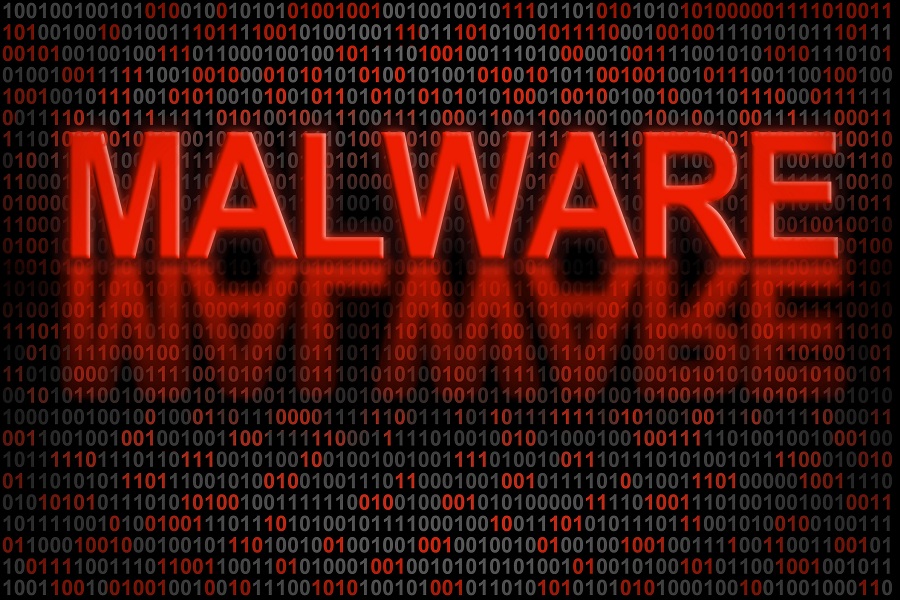 Kaspersky: "We have never been asked to whitelist malware"
Kaspersky: "We have never been asked to whitelist malware"News A company blog has revealed neither government nor any other entity has asked it to stop detecting malware
-
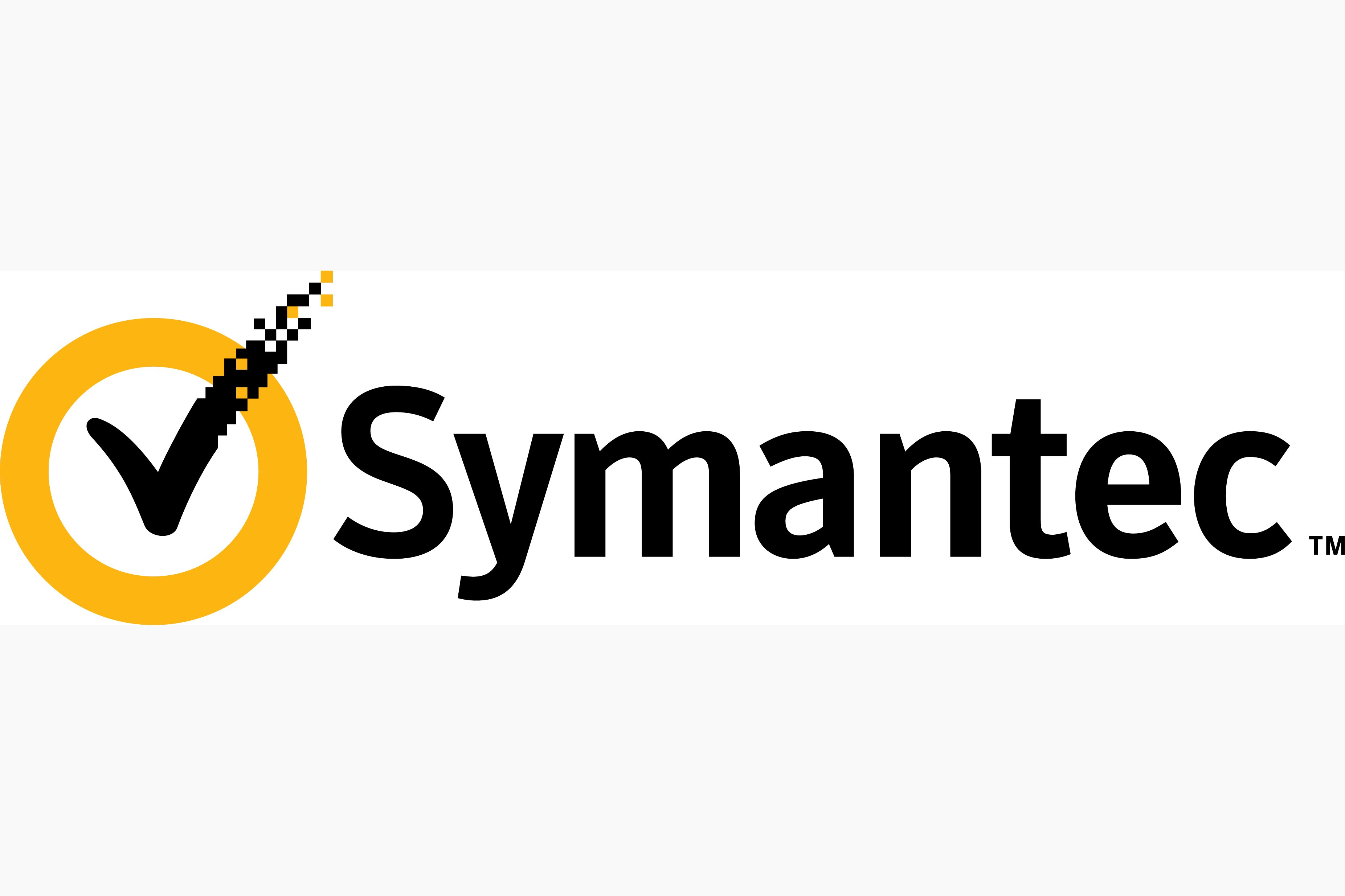 Symantec confirms split into separate security & storage entities
Symantec confirms split into separate security & storage entitiesNews Storage and security will be separated as Symantec tries to boost sales in both